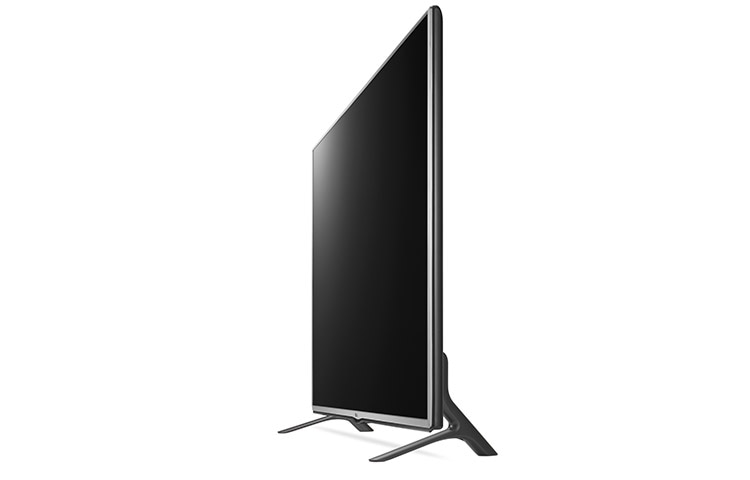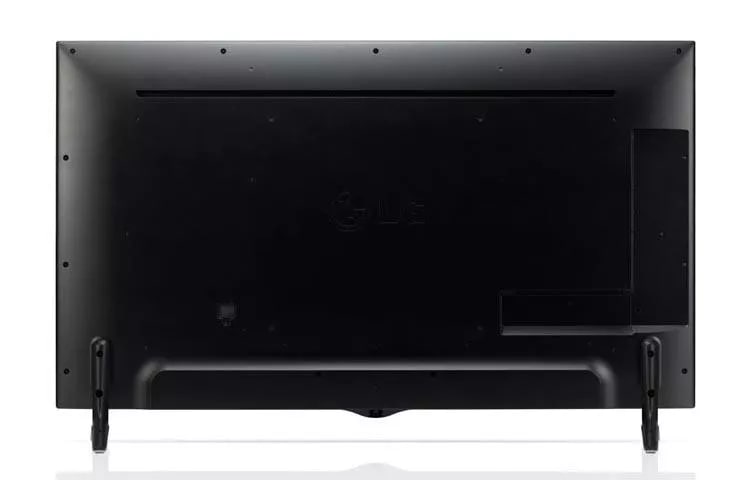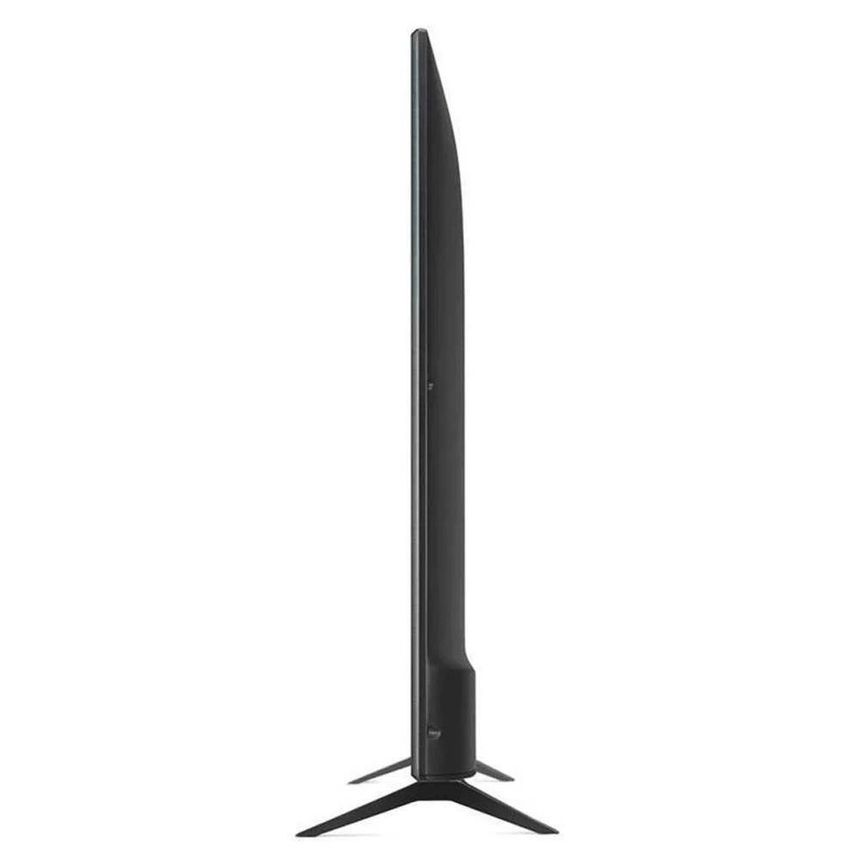
LG 49'' (123cm)4K ULTRA HD 3840x2160P ÇÖZÜNÜRLÜK | 3D SMART TV - İkinci El LG LED & LCD TV İlanları sahibinden.com'da - 1125079615

LG 49LB620V – CINEMA 3D TV mit 124 cm Bildschirmdiagonale (49 Zoll), 2.0 Soundsystem und Multi-Tuner

49" (123cm) 4K ULTRA HD TV | 3840x2160P ÇÖZÜNÜRLÜK | MCI 1000 | TRU-ULTRA HD ENGINE | ULTRA SURROUND | webOS | 4K 3D+ - 49UB850V | LG TR

Bestekran Lg 49" Inç 124 Ekran Oled Qned Nanocell Webos Smart Uhd 4k-8k Android Televizyon Tv Ekran Koruyucu Fiyatı, Yorumları - Trendyol

ACİL SATILIK!!! LG 49SM8000PLA NanoCell TV 49 inch - İkinci El LG LED & LCD TV İlanları sahibinden.com'da - 1120950443










![LG 49UB850V 49 124 Ekran [4K] 1000Hz Uydu Alıcılı 3D Fiyatı LG 49UB850V 49 124 Ekran [4K] 1000Hz Uydu Alıcılı 3D Fiyatı](https://productimages.hepsiburada.net/s/10/375-375/8940649676850.jpg)









